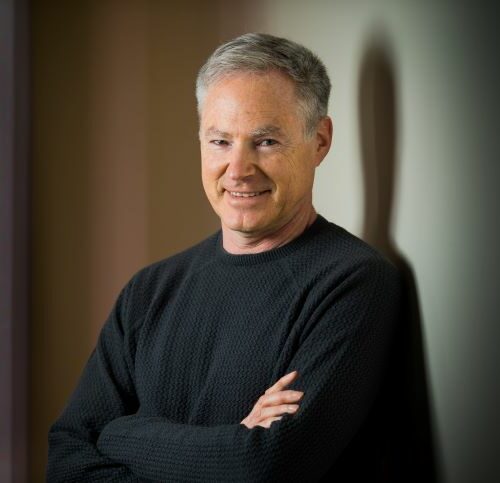
Eric Horvitz
Chief Scientific Officer - Microsoft
Eric Horvitz serves as Microsoft’s Chief Scientific Officer. He spearheads company-wide initiatives, navigating opportunities and challenges at the confluence of scientific frontiers, technology, and society, including strategic efforts in AI. Dr. Horvitz is known for his contributions to AI theory and practice, with a focus on principles and applications of AI amidst the complexities of the open world. His research endeavors have been direction-setting, including harnessing probability and utility in machine learning and reasoning, developing models of bounded rationality, constructing systems that perceive and act via interpreting multisensory streams of information, and pioneering principles and mechanisms for supporting human-AI collaboration and complementarity. His efforts and collaborations have led to numerous fielded AI systems.
He has pursued programs, organizations, and studies on ethics, values, and safety with applications and influences of AI. He founded and chairs Microsoft’s Aether Committee which provides guidance to the company on technology and policy on AI safety, fairness, and accountability. He established the One Hundred Year Study on AI at Stanford University and co-founded and serves as chair of the Partnership on AI. He served as a Congressionally appointed commissioner on the U.S. National Security Commission on AI, where he chaired the line of effort on ethical and trustworthy AI.
Dr. Horvitz received the Feigenbaum Prize and the Allen Newell Prize for his fundamental contributions to the science and practice of AI. He received the CHI Academy honor for his work at the intersection of AI and human-computer interaction. He has been elected fellow of the National Academy of Engineering, the Association of Computing Machinery, Association for the Advancement of AI (AAAI), the American Association for the Advancement of Science, the American Academy of Arts and Sciences, the American College of Medical Informatics, and the American Philosophical Society.
He currently serves on the President’s Council of Advisors on Science and Technology (PCAST) and advisory boards of the Allen Institute for AI and Stanford’s Institute for Human-Centered AI (HAI). He served as president of the AAAI, and on advisory committees for the U.S. National Academies of Sciences, Engineering, and Medicine, National Science Foundation, National Institutes of Health, and Defense Advanced Research Projects Agency (DARPA).
Dr. Horvitz serves as an advisory member of the OECD Expert Group on AI Futures.
Disclaimer: The opinions expressed and arguments employed herein are solely those of the authors and do not necessarily reflect the official views of the OECD, the GPAI or their member countries. The Organisation cannot be held responsible for possible violations of copyright resulting from the posting of any written material on this website/blog.

























